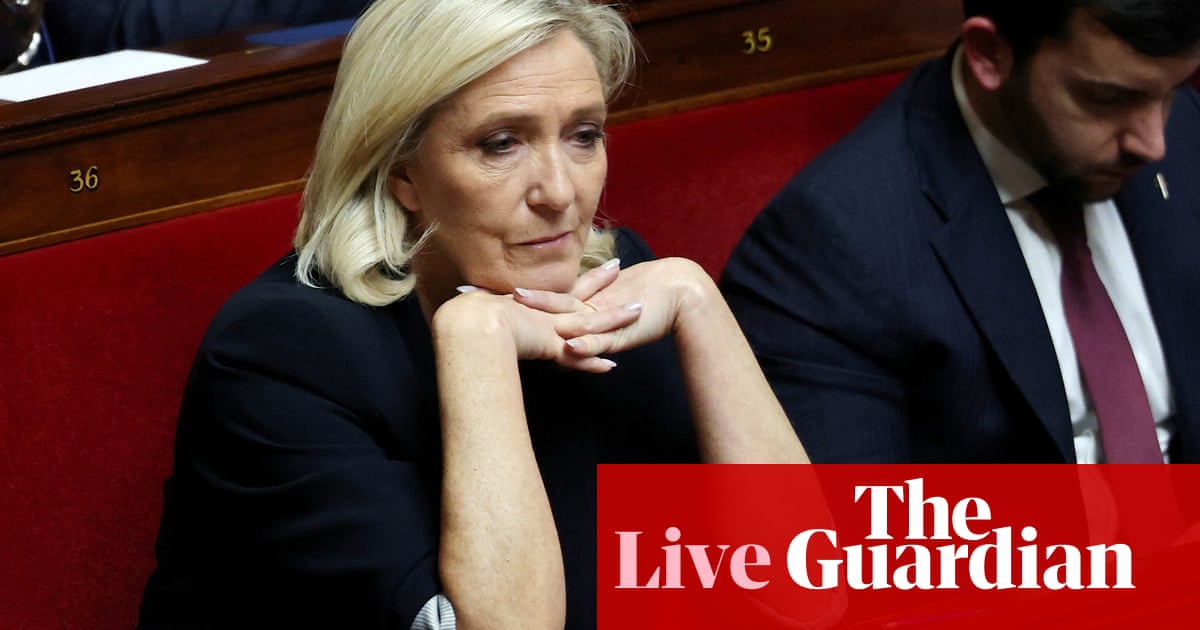Famously, 2024 has been the biggest election year in history, featuring polls in 72 countries affecting 3.7 billion people. In Romania, sadly, it is now destined to be remembered as a year in which democracy was derailed rather than celebrated.
The unprecedented move by the country’s constitutional court last week to annul the results of the first round of the presidential election, amid allegations of Russian interference, is a landmark moment in the increasingly embattled arena of eastern European politics. The decision followed an astonishing surge to first place by a far-right admirer of Vladimir Putin, who had been polling in low single digits until the eve of the election. According to declassified intelligence reports, Călin Georgescu benefited from a vote that was manipulated by various illicit means, including cyber-attacks and a Russian-funded TikTok campaign. Analysts found that about 25,000 pro-Georgescu TikTok accounts became active only two weeks before the first-round vote.
In Georgia and Moldova, this news will have been greeted with a sense of grim recognition. The Kremlin’s dedication to hybrid warfare techniques is stepping up as it seeks to pollute the well of public discourse and undermine popular aspirations to join the European Union and Nato. Moldova’s recent presidential election, and a referendum on enshrining the desire to join the EU in the constitution, were both marred by allegations of Kremlin interference. In Georgia, the president, Salome Zourabichvili, has accused the ruling Georgian Dream party of rigging the vote in last October’s election with Russian assistance. Moscow has also propagated disinformation and funded far-right extremist groups, fuelling violent “anti-western” sentiment over issues such as LGBTQ+ rights.
The undermining of an election in an EU state – and Nato member – is another wake-up call for Brussels, as it seeks to force social media to comply with stricter moderation rules in its Digital Services Act. Following the Romanian intelligence reports, the European Commission has ordered TikTok to preserve all data that could point to covert and monetised attempts to manipulate electoral processes, including in the lead up to the German election next February. Last month, an analysis by German intelligence warned of likely Russian attempts to influence the poll, the outcome of which will have a crucial impact on western policy on Ukraine.
For democracies, getting ahead of the game in this area must become an urgent priority. The improbable TikTok-assisted rise of Mr Georgescu is merely the most startling example of the use of social media and messaging platforms to bypass mainstream sources of information. With increasing skill and impact, Russia, and far-right parties across Europe, are using such forums to generate an alternate political reality based on viral misinformation and distortion.
Possessing ample accumulated evidence of foul play, the Romanian authorities had no good options. The decision to re-run the election risks entrenching division in an already polarised society, and delegitimising an authentic protest dimension to the vote for Mr Georgescu. A higher vote for the pro-Putin, nationalist far right, driven by the backlash to the court decision, is a plausible possibility when the poll is repeated next year. But as Russia strives with increasing determination to undermine the practice of democracy in neighbouring states and beyond, Bucharest was right to draw a line in the sand.

.png) 3 months ago
29
3 months ago
29













































